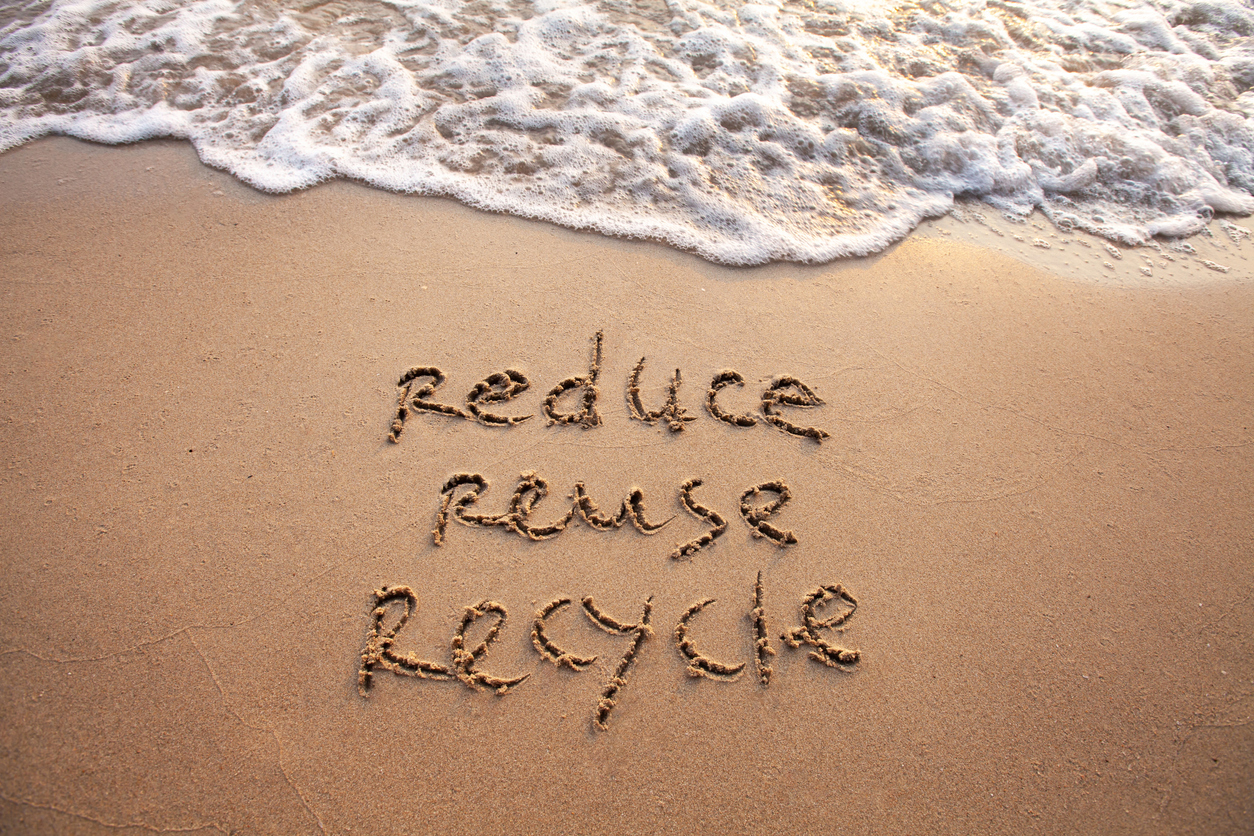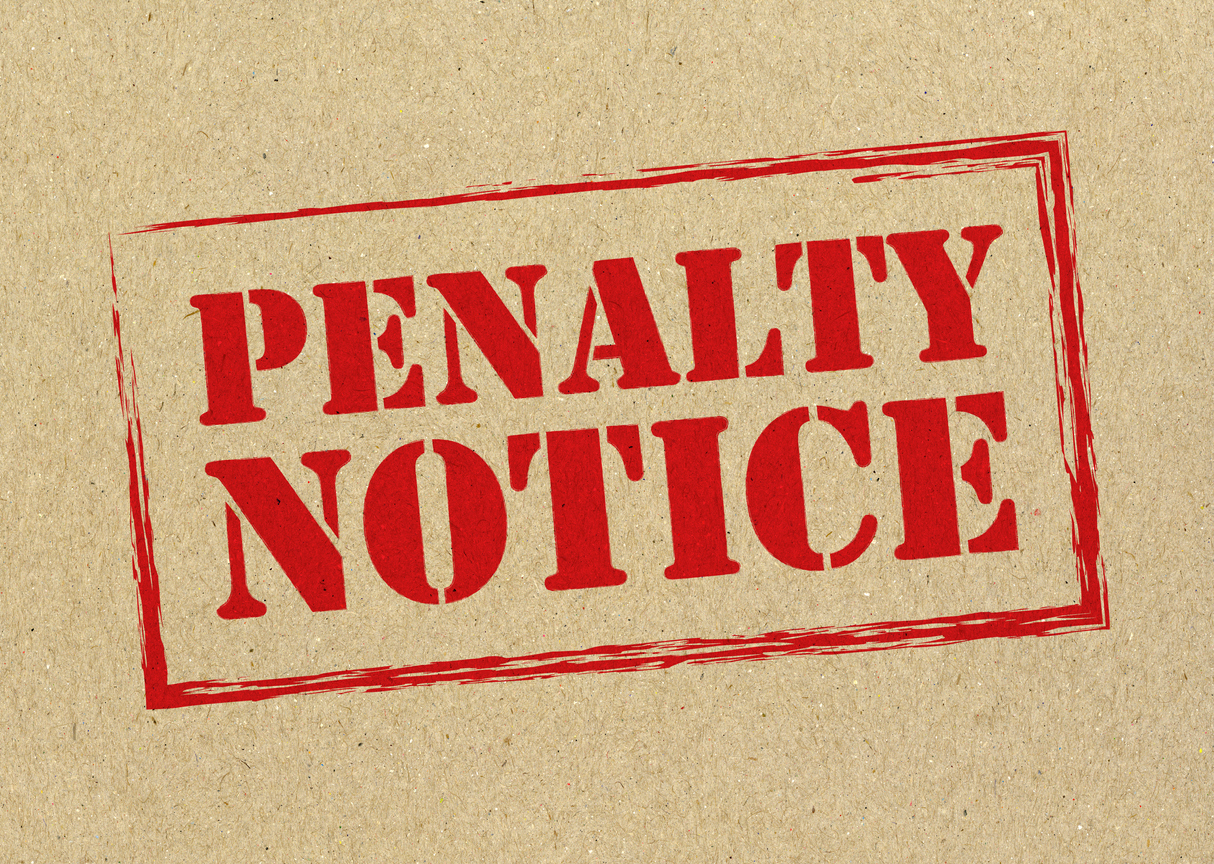
SEPA Have New Enforcement Tools: Will you get caught out once Corona restrictions ease?
Date: 25/09/2020 | Environmental
The Regulatory Reform (Scotland) Act 2014 ( “The Act”) and Environmental Regulation ( Enforcement Measures) ( Scotland) Order 2014 (“The order”) give the Scottish Environment Protection Agency (SEPA) new enforcement tools to deal with non-compliance with environmental law. This is likely to lead to an increase in enforcement activity once coronavirus restrictions are eased.
A myriad of complex information and guidance exists on which enforcement tools SEPA can use and in which circumstances they can use them. It’s not always straightforward to know what the applicable burdens of proof are, whether you can challenge a decision by SEPA or indeed whether you can or should be pro active in offering an Enforcement undertaking to SEPA. Davidson Chalmers Stewart are here to help you navigate your way through this.
What are SEPA’s new powers?
Previously, SEPA only had the power to serve final warning letters, statutory enforcement notices or submit reports recommending prosecution to the Procurator Fiscal. Now they also have the power to impose fixed or variable monetary penalties (fines) and decide whether to accept Enforcement Undertakings (EUs).
Monetary Penalties
SEPA have the power to issue fixed or variable fines for environmental offences ranging in value between £300 and £40,000. They will first issue a “notice of intent” to the responsible person and once they are satisfied that any received representations have been considered and they consider the penalty should still be issued and they have checked that no Enforcement Undertaking has been accepted they will issue a final penalty notice.
Often it is mistakenly thought that a monetary penalty is similar to a parking ticket in that they can be issued on the spot and are fairly simple evidentially. However, SEPA must be able to prove that the responsible person has committed the offence to a civil standard and the applicable circumstances are often less than straightforward. The recipient of the notice of intent can challenge it by making representations to SEPA within 28 days of receipt. If the representations are not accepted and SEPA decide to impose the fine there is also a right of appeal.
Davidson Chalmers Stewart can help you to challenge a notice of intention and/or with an appeal.
Enforcement Undertaking
An Enforcement Undertaking is an offer made voluntarily by a responsible person to make amends for non- compliance with environmental law and its effects and prevent recurrence. Rather than simply restoring the position to what it was prior to the breach, the offer needs to go beyond compliance by offering something beneficial. Examples of this could be a donation to an angling club if the offence has caused pollution to a watercourse.
You decide what to put in the Enforcement Undertaking but they will only be considered appropriate in certain circumstances. For example if the environmental harm is significant they may not be.
The benefits of offering an Enforcement Undertaking include avoiding alternative enforcement action such as enforcement notices or prosecution and the reputational damage which can result and being seen to be ‘doing the right thing’.
An Enforcement Undertaking can be offered either before SEPA is aware of the non-compliance or after the non-compliance has been investigated by SEPA. However, to be accepted by SEPA, an enforcement undertaking must be made before they have decided what enforcement action to take, as they may have already imposed a fine or referred the offence to the Crown Office and Procurator Fiscal Service (COPFS). If you have received a notice from SEPA or suspect that they are thinking of referring the case to the Crown Office and you want to speak to us about submitting an Enforcement Undertaking, make sure to contact us as soon as possible to avoid this outcome.
Davidson Chalmers Stewart can assist you in deciding whether making an Enforcement Undertaking would be appropriate for you, what to include in your offer to SEPA and what to do once your offer is accepted or rejected.
Post-Enforcement
You may think you are in the clear once you have paid a monetary penalty or once SEPA have accepted your Enforcement Undertaking. However, if SEPA considers that the imposed enforcement measures have been ineffective and that you are continuing to cause harm to the environment, they have the power to choose one of their other enforcement powers. For example, they may impose a Non-Compliance Penalty or refer the matter to the Crown Office.
It’s worth noting that the enforcement options mentioned in this article are not available for every offence. The Order sets out the circumstances in which an enforcement action can be used.
Of course Davidson Chalmers Stewart can also assist you with considering all of your options, preparing for and attending an interview under caution with you and appealing enforcement notices as before.
If you are concerned that any of the issues raised in this article affect you or if you simply want to understand more please contact Laura at laura.tainsh@dcslegal.com.








































































